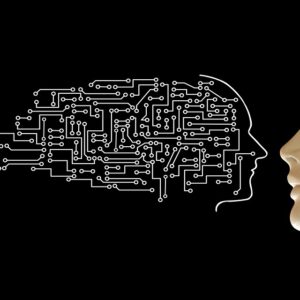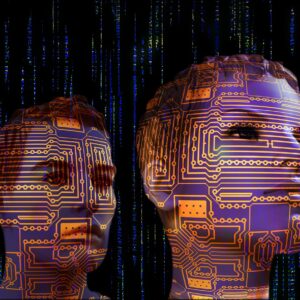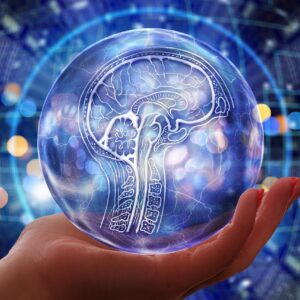I’ll admit it: I’m a little AI-paranoid. And I’m sure that many of you are, too. It’s hard not to be when you see headlines like this one: “Report warns US jobs will be lost in AI revolution.” Or this one: “AI to replace 250 million workers by 2030.” Or even this one: “Half of all jobs could be automated within 10 years.” While the truth is less dramatic than headlines like these suggest—we’re actually far from any kind of job apocalypse—there is no denying that technology has been changing the way we work for centuries and will continue to do so in the future. An important question worth asking about these changes is whether or not artificial intelligence (AI) will take our jobs away from us entirely?
AI can’t handle self-awareness
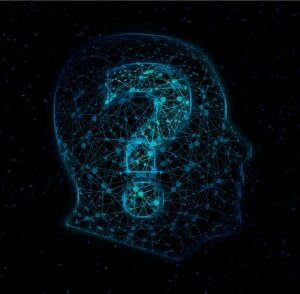 Human consciousness is a difficult thing to understand. It’s a combination of self-awareness, awareness of one’s limitations, and awareness of the capabilities one has compared to those around them. AI is at its best when it can learn from experience and mimic human behavior. But what happens when we want our algorithms to be aware? Can they understand what it means to be self-aware?
Human consciousness is a difficult thing to understand. It’s a combination of self-awareness, awareness of one’s limitations, and awareness of the capabilities one has compared to those around them. AI is at its best when it can learn from experience and mimic human behavior. But what happens when we want our algorithms to be aware? Can they understand what it means to be self-aware?
AI can’t handle self-awareness—and that’s fine! We’re not going to put human consciousness into our machines anyway, so why even bother trying?
AI can’t be creative
One of the most common arguments against AI is that it will eventually take over our jobs, replacing human workers and leaving us without any meaningful work to do. But while this might be true in some situations, AI can’t be creative in the same way humans are—in fact, machines are far less likely to discover new methods or come up with ideas that are outside their original programming.
AI allows businesses and other organizations to take advantage of existing data sets (often collected by humans) to make decisions based on past patterns. This means that if you’re looking for ways to improve your business model or solve pressing problems within the industry as a whole—which requires creativity—you’ll probably want another solution than artificial intelligence alone.
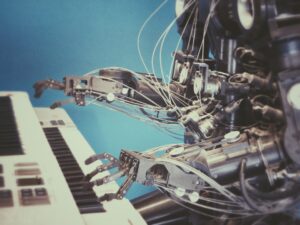
AI can’t do high-level problem solving
AI can solve problems that require a high level of logic, but that’s a relatively small category. It can also handle problems that require very narrow sets of data and facts—for example, when it comes to knowledge-based professions like medicine or law. The reason why AI struggles at these tasks is simple: computers are unable to think creatively because they lack imagination (which allows us to imagine new ideas) and emotion (which allows us to empathize with others).
AI will never be more than a tool
The most important thing to remember is that AI will never be more than a tool for humans to use for our own purposes. It’s all about us, not about machines. While we might be able to create an artificial intelligence so complex and sophisticated that it can do tasks even we don’t fully understand, this doesn’t mean that humans are no longer needed; in fact, we’ll always have a role in the process.

